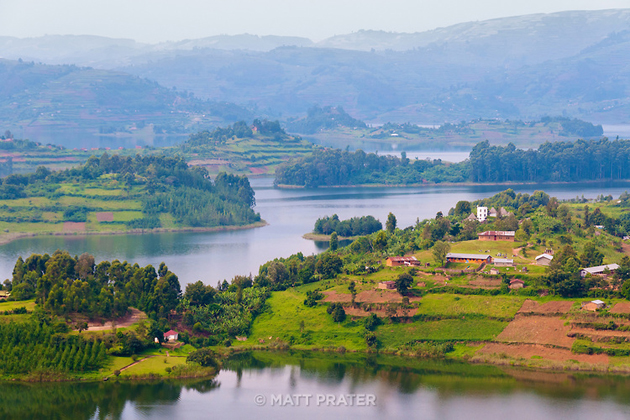I have already started looking at Arabic classes in Saudi Arabia so that I can continue my studies, although it will obviously be a different dialect of Arabic. The new plans also mean that I will be returning to the UK for a while after my Egyptian classes finish. During that down time in the UK I will take up another short challenge, which I have alluded to in my tweets. It's not a very serious challenge, but I feel like it will be a lot of fun.
Anyway, Swahili!
I'm not going to include a little description of Swahili, because I am assuming you have heard of it. I might be wrong, but I assumed it with the French post and everything worked out fine.
LOADS of people speak Swahili.
It's hard to get an exact number of speakers, but officially 15 million people speak it as a first language. But, then a further 140 million people speak it as a second language. This number changes depending on the website you look at. The amount of speakers is due to it being an official language in Kenya, Uganda and Tanzania. It is also one of the official language of the African Union.
Since there are about 1.1 billion people in Africa, you have about a one in ten chance of running into a Swahili speaker, should you find yourself in that part of the world.
The beautiful places Swahili is spoken.
If Kenya, Uganda and Tanzania weren't already on your list of countries to visit, then they should be now. Swahili is spoken in some of the most beautiful countries on earth, and for me the language is a reflection of the country it is spoken in. Beautiful country = Beautiful language.


The Bantu Language Family.
There are a lot of great reasons to learn Swahili, but for me this is the greatest. Swahili resides in the Bantu language family, which is a collection of at least 250 African languages, with a total of around 210 million speakers! Most of these languages are very closely related, with almost identical grammar rules, similar (and shared) vocabulary, and with a large amount of mutual intelligibility (speakers from different language can understand each other).
So, if I was going to learn Swahili (and I intend to) it would be with the intention of then moving on to other Bantu languages with a significant learners advantage. Some of these languages should sound familiar to you. Xhosa (Nelson Mandela's first language), Zulu, Lingala, Shona (which on its own has about 10 million native speakers), Kinyarwanda and Kirundi.
Just like you might learn French with the intention of then studying other Romance languages e.g. Italian, Swahili is very much the toe in the shallow end of the African language pool.
Interesting features.
Swahili has quite a few interesting features that you might not be aware of. Here are just two. Although Swahili now uses the Latin script, it was first written in a modified Arabic script (much like Urdu and Pashto are today). The earliest Swahili documents from 1711 AD are written in Arabic script, and was mainly due to the adoption of the language by merchants from Oman and Persia. It was changed to the Latin script in the 1800s by European colonial powers.
Repeating a word can change the meaning or intensity. For example, 'piga' means 'strike', but 'piga piga' means 'strike repeatedly'. 'Soma' means 'to read', but 'somasoma' means 'to read a little' or 'to read repeatedly'. It's a pretty useful grammatical feature which is consistent through most Bantu languages.

It's pretty easy.
Swahili is thought to be the easiest African language for English speakers to learn. The grammar is easy, the vocabulary is familiar (sometimes), and there aren't any tones (unlike many other African languages).
Allow me to demonstrate the simple grammar.
Ni = I
Na = Present tense
Soma = to read.
Ni + na + soma = I+am+reading.
Nina-soma = I am reading.
Easy peasy.
Ni = I
Li = Past tense
Soma = to read.
Ni + li + soma = I+was+reading.
Nili-soma = I was reading.
Lupita Nyong'o.

While researching for this post I found a great set of 65 PDF Swahili lessons by the University of Kansas, which you can access here.
No comments:
Post a Comment